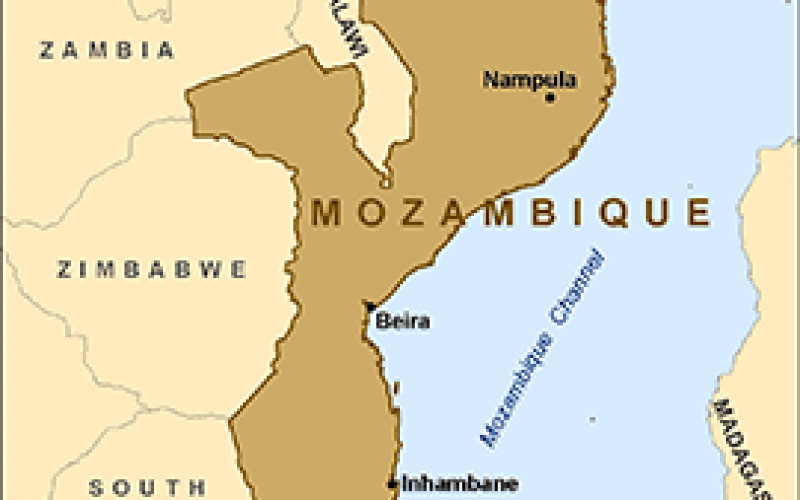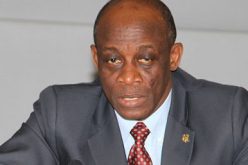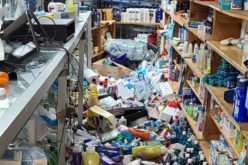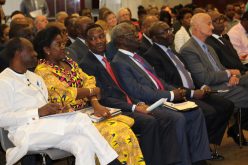Mozambique said it seeks consultants to study building a pipeline that will link the largest natural-gas discoveries in a decade to destinations within its borders and in neighboring African nations.
The government will pay for work on the conduit’s prefeasibility study with financing from the World Bank, the Mineral Resources Ministry said in a statement published in Noticias newspaper today. The plan needs to assess the potential market for natural gas in Mozambique and other nations in southern Africa, “including island countries,” it said.
The line will start in Palma, a town in the far north that’s nearest to offshore gas discoveries in the Rovuma Basin that may make Mozambique the world’s third-largest exporter of liquefied natural gas, according to Anadarko Petroleum Corp. (APC), which holds rights to exploit some of the reserves.
The government adopted in June a gas master plan that provides for a pipeline network that it hopes will run the country’s length and supply projects that may use the fuel to make fertilizer and generate power, creating jobs in one of the world’s poorest nations.
Mozambique is bordered by South Africa, Swaziland, Zimbabwe, Malawi, Democratic Republic of Congo, and Tanzania, while the island countries of Madagascar and the Comoros lie in the Indian Ocean across the Mozambique Channel.
While Tanzania is also developing offshore gas fields, it isn’t expected to start producing as soon as Mozambique, where Woodlands, Texas-based Anadarko plans its first LNG cargoes for 2018.
Study Scope
Mozambique already exports some gas to South Africa through a conduit jointly developed by Cia. Mocambicana de Gasoduto SA, the state-owned gas-pipeline company, and Sasol Ltd. (SOL), the world’s largest maker of motor fuel from coal.
Sasol takes gas from the Temane gas fields through a 865-kilometer (538-mile) pipeline to a synthetic-fuels processing facility in Secunda in South Africa’s eastern Mpumalanga province.
The study needs to include a technical analysis of natural-gas applications in Mozambique and southern Africa, an economic analysis of using a pipeline to move compressed and liquefied natural gas rather than other transport methods, a socio-environmental risk analysis, and recommendations on a way forward “that best meets strategic objectives for Mozambique,” it said.
Proposals for projects that would make transporting large volumes of gas via a pipeline economical will be given a higher priority by the government, according to the master plan, published on the website of the ministry that’s based in the capital, Maputo. Project promoters could join forces to propose public-private partnerships for the pipeline development, it said.
Expressions of interest in conducting the study must be submitted to the Mineral Resources Ministry by Oct. 8, it said.










